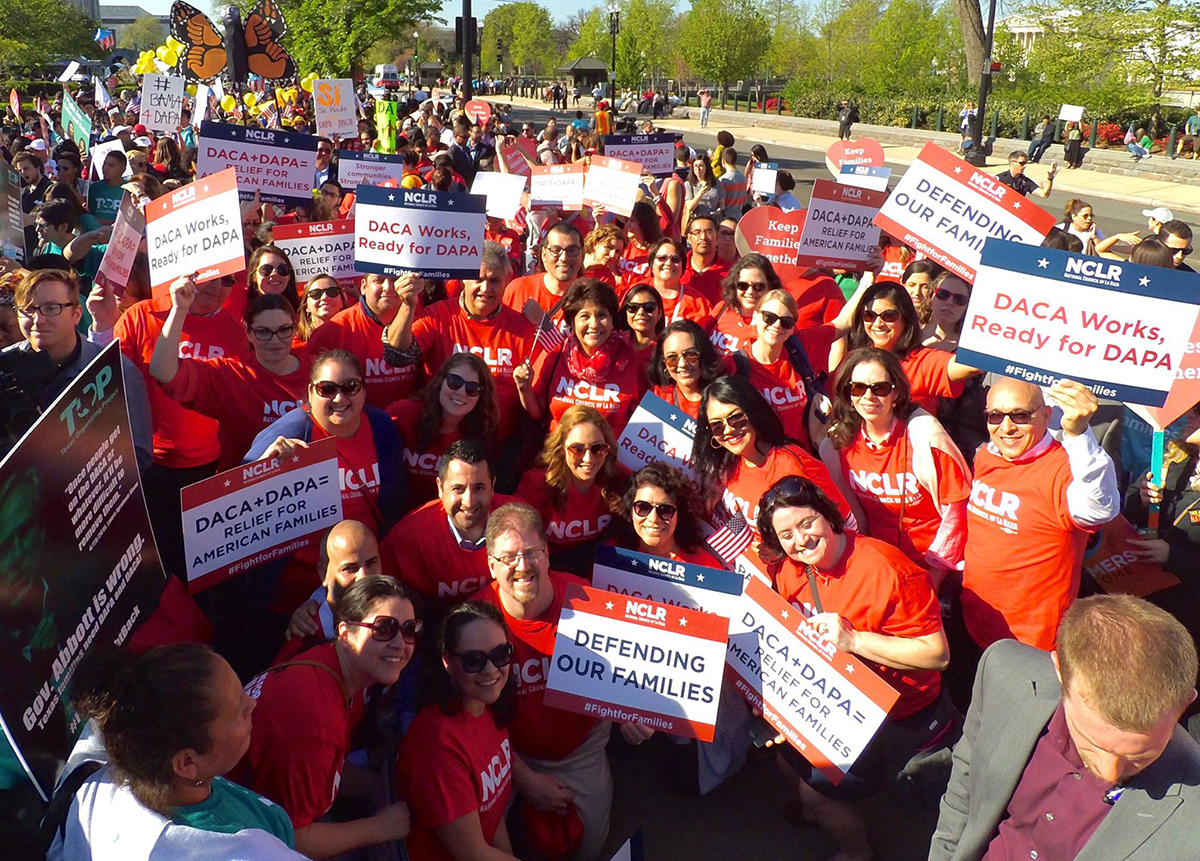DACA Requests Continue to Be Received and Processed, but Communities Should Be Cautious

On June 7, U.S. Citizenship and Immigration Services (USCIS)—the federal agency in charge of processing all immigration-related services—released data on applications filed under the Deferred Action for Childhood Arrivals (DACA) policy. The data confirm that, in the first three months of the Trump administration, USCIS has continued to receive and process DACA requests at similar levels to those during the previous year.
Between January and March 2017, USCIS approved 107,524 DACA renewals and 17,275 new applications. The numbers are comparable to the previous three-month period (October to December 2016).
Keep up with the latest from UnidosUS
Sign up for the weekly UnidosUS Action Network newsletter delivered every Thursday.
Since taking office, President Trump has stated that he had no immediate plans to end DACA. His nominee to head USCIS, Francis Cissna, stated in his confirmation hearing last month that if confirmed he would adhere to the President Trump’s current position on DACA.

While this appears to be a welcome sign, applicants and practitioners should continue to remain vigilant. For starters, President Trump has demonstrated that he is able and willing to change his mind on key policy decisions with little warning. In addition, NCLR has deep reservations about Mr. Cissna’s nomination for USCIS Director, and what role he would play, if confirmed, in deciding the future of DACA. We are also concerned about reports that the number of recipients who have had their DACA status revoked due to alleged criminal activity—including factors that did not prevent their initial approval—increased by more than 25% during the first three months of Trump’s presidency compared to the same period last year.
For the time being it appears that USCIS will continue to receive and process DACA requests at normal levels, a positive development that not everyone might have predicted. However, individuals who seek to apply for DACA for the first time or renew their request—particularly those applicants with previous contact with the criminal justice system—should continue to seek the legal advice of competent and authorized immigration practitioners before making their decision.


